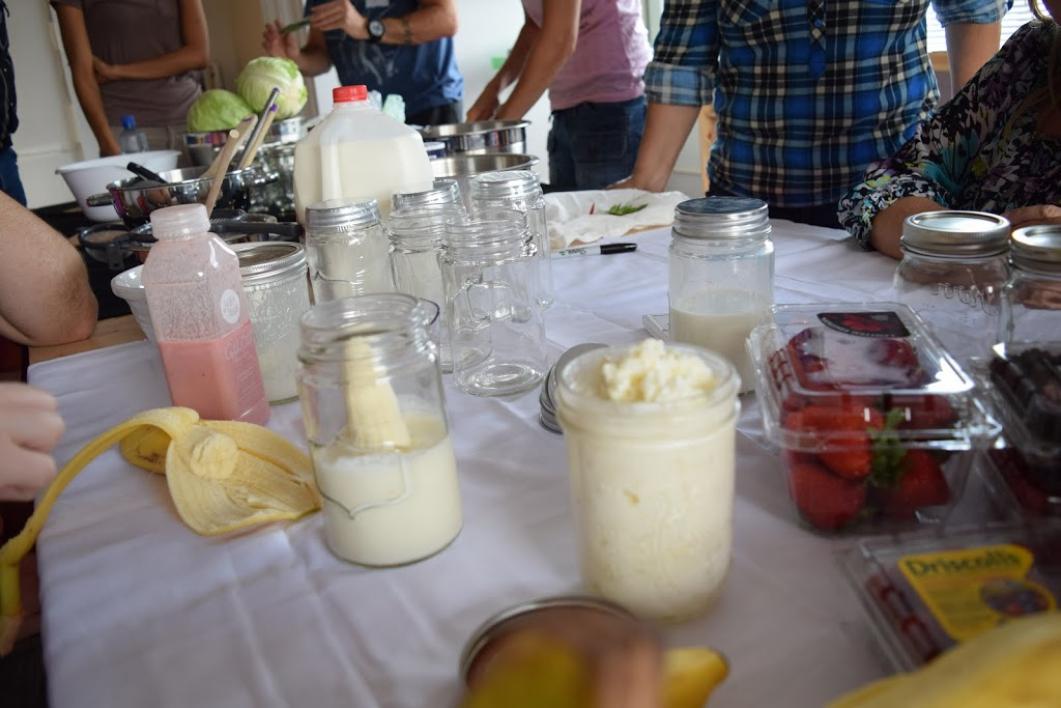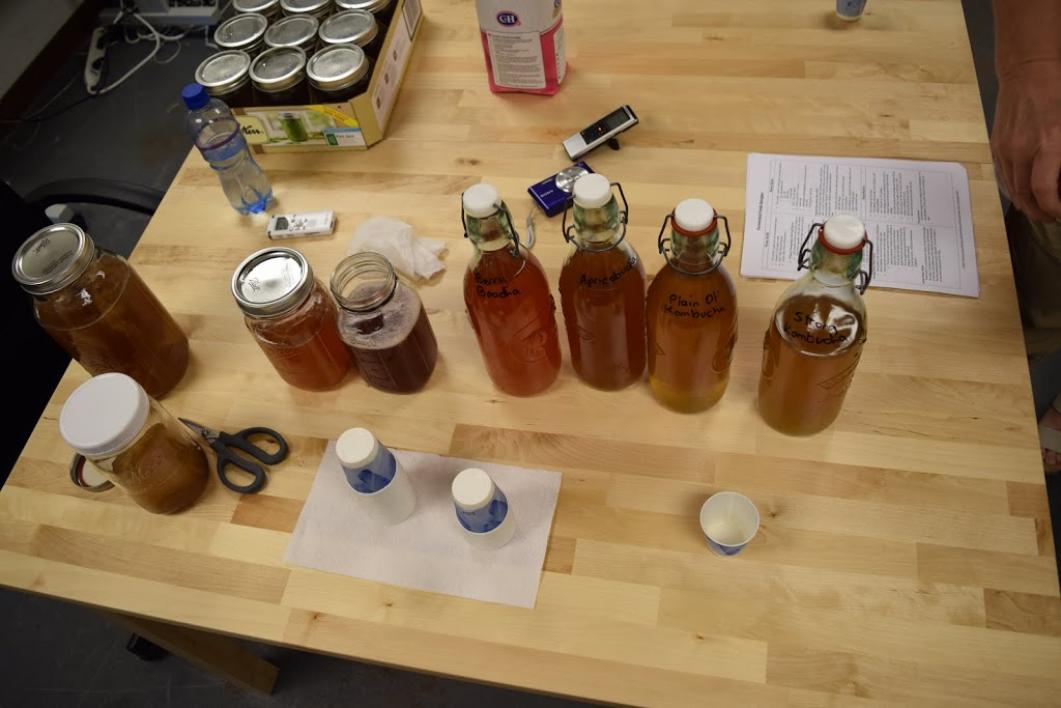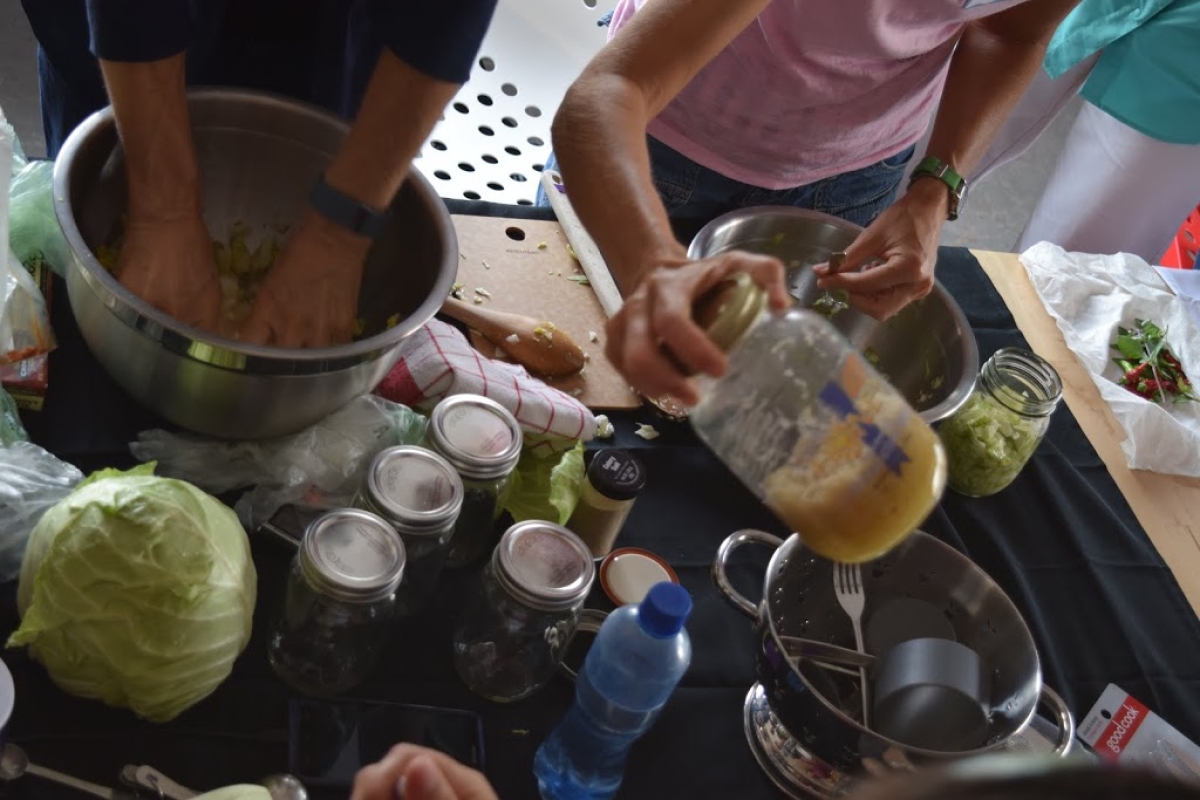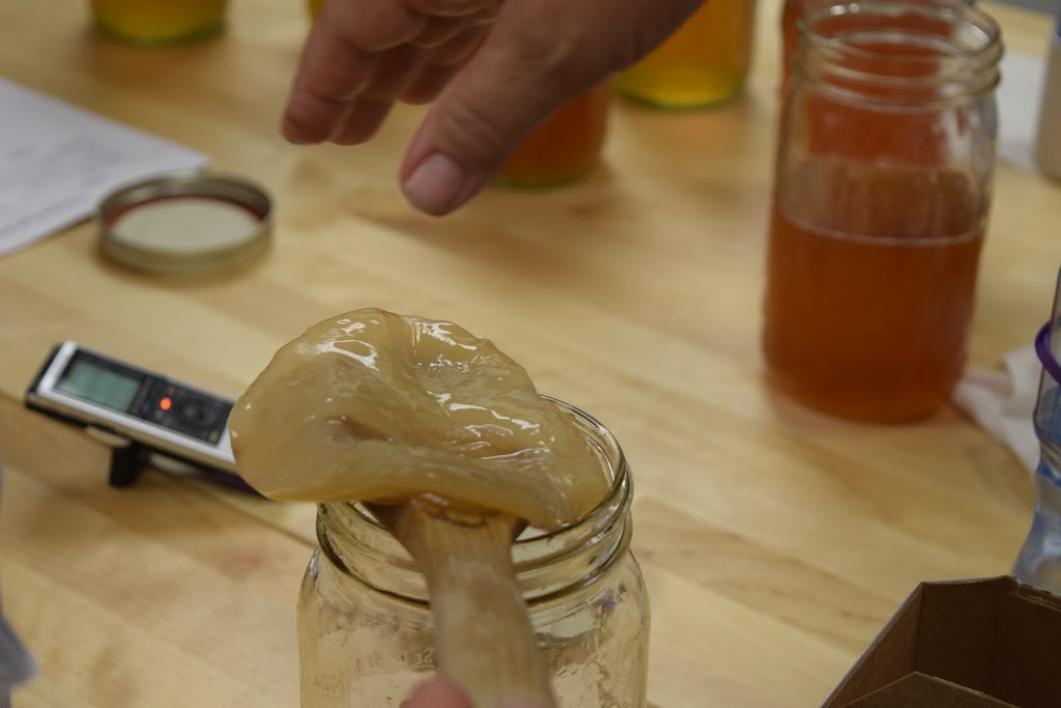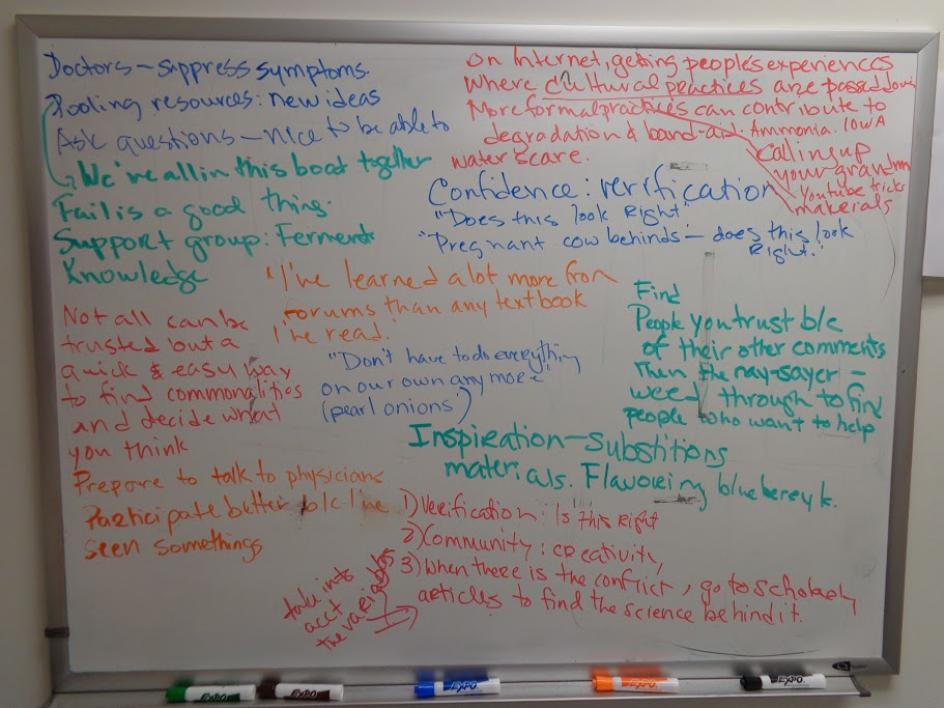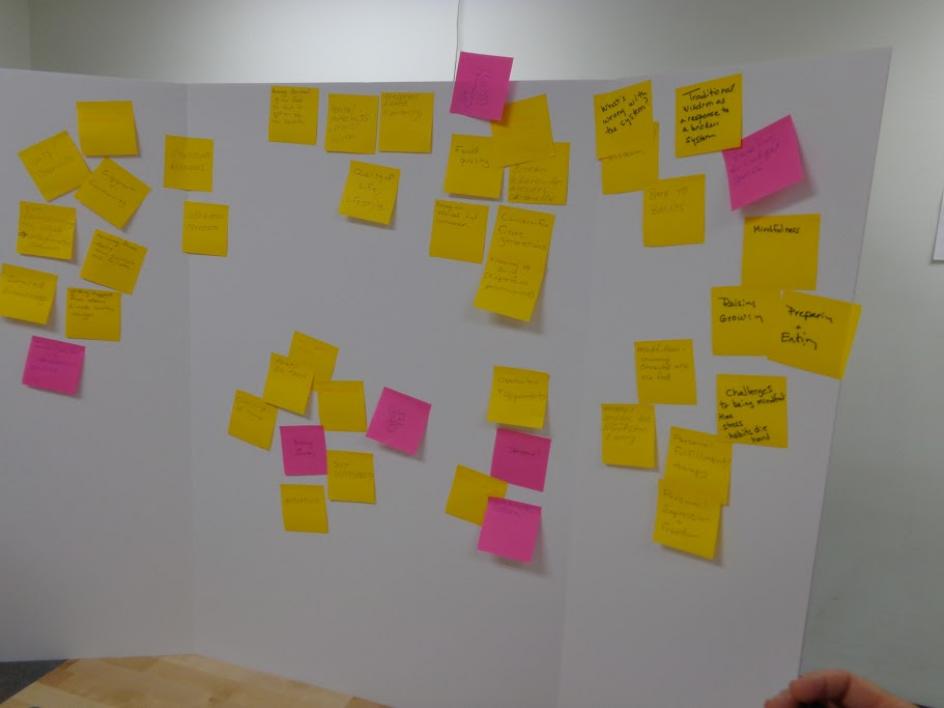Fermenting a revolution in research
ASU team taps into expertise of food 'citizen-scientists' as way to engage community in gathering knowledge
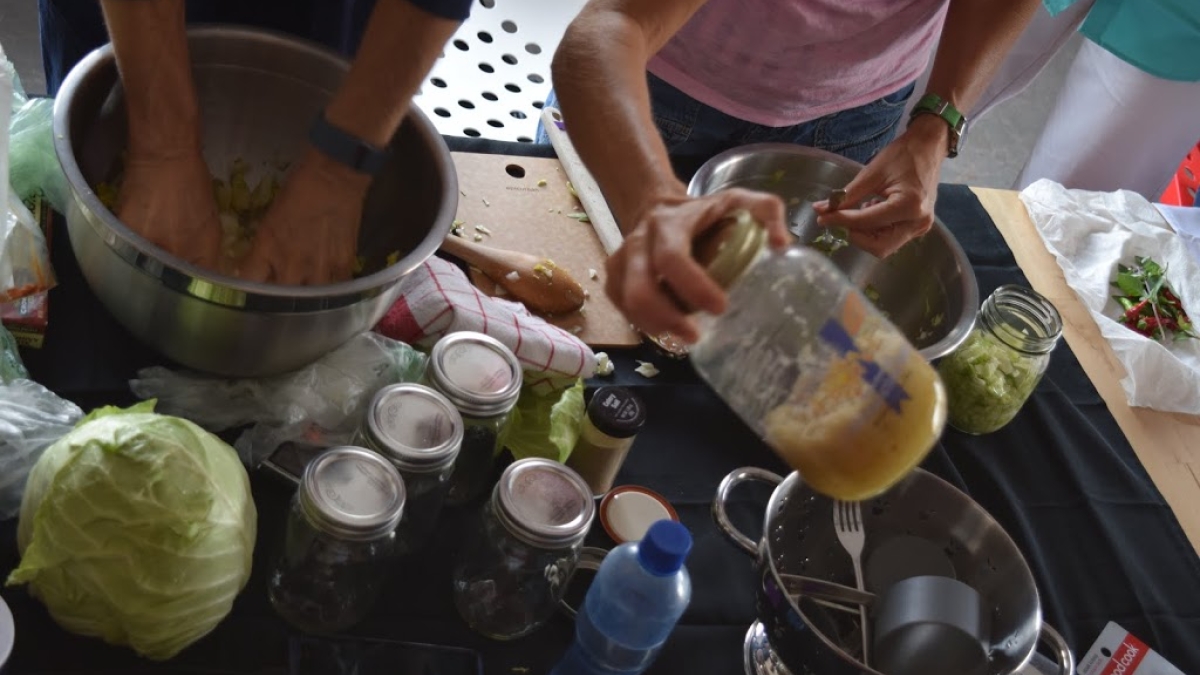
Valley newcomer Stacey Kuznetsov recently discovered a rather unconventional way to meet new people: fermented salsa parties.
“All my friends brought whatever ingredients they had in their homes, and we just blended everything and made fermented salsa,” she said.
The idea came from a transdisciplinary research project Kuznetsov, an assistant professor in the School of Arts, Media and Engineering at Arizona State University, conducted along with grad student Christina Santana and associate professor Elenore Long, both of ASU’s Department of English.
Their findings, which they wrote about in a paper titled “Mindful Persistence: Literacies for Taking up and Sustaining Fermented-Food Projects,” were published this month in Community Literacy Journal.
As the lead researcher for ASU’s Social and Digital Systems (SANDS) Group, Kuznetsov was interested in pursuing a project that looked at the phenomenon of so-called “citizen-scientists” or “DIY-biologists” — people who are not professional scientists but who experiment and gather knowledge based on their personal interests.
“I thought food was a really interesting domain for that,” she said, as nearly everyone can say they have played the role of “citizen-scientist” in the kitchen at least a few times.
“I think it’s a pushback against traditional top-down ways of disseminating scientific information.”
— assistant professor Stacey Kuznetsov
Santana saw Kuznetsov’s budding project as an opportunity to delve deeper into her area of interest in community literacy by engaging local community members in research that relied on their expertise.
“What drew me to Stacey’s project was that, here’s an opportunity to get outside of ASU and … be the bridge and bring people in and create opportunities for people to experience some of the things that only our students get,” said Santana.
Over the course of several months, they spent time recruiting, interviewing and workshopping with members of the local community who regularly engage in experimentation with edible materials.
They met people who make homemade beer, forage for grasses, ferment fruit and vegetables and even one woman who practices human placenta encapsulation as a dietary supplement for new mothers. And they were invited to participate in a group workshop where they would demonstrate and speak about their methods.

A piece of SCOBY culture (symbiotic colony of bacteria and yeast) is added to tea to ferment it.
Photo courtesy Christina Santana
“They were teaching us the skills as opposed to us coming and observing something that is already well-understood,” Kuznetsov said. “To me, that’s an example of community literacy, where I’m studying the practices of a community that’s clearly a lot more expert in a domain than I am.”
Following the initial food demonstration workshop was a co-authoring workshop, wherein the community members shared their ideas about their work and helped draft portions of the research paper. It was also at this time that Long came on board to assist with the writing.
“We wrote in lots of different ways. We had questions and then filled up the whiteboards with responses. And then we took sticky notes and people just consolidated their own themes. … And then we developed sets of patterns across the sticky notes, and then people wrote sections in teams,” Long said.
The theme of persistence revealed itself to the researchers over the course of the project as they worked alongside and listened to the experiences of local fermented-food experts who live by the mantra, “If at first you don’t succeed, try, try again.”
“The inquiry [into alternative food preservation] itself requires a kind of persistence because you’re constantly bumping up against things that you didn’t quite predict that in some ways trouble the project, but also make you a more expert person in doing that,” Long said.
Santana said the experience has given her an “access point” into a world she may otherwise never have known about.
“I think it’s helped me be less afraid of food. It sounds funny, but I’d never tried sauerkraut before, I would never have tried kombucha. … So I approach the kitchen differently in that I see potential or limit, and I think a little bit more about how I’m working with food,” she said, “but I still let my husband cook, mostly.”
Kuznetsov hopes their project will bring more attention to ways the community can be involved in research — “I think it’s a pushback against traditional top-down ways of disseminating scientific information” — and, “More sauerkraut!”
The School of Arts, Media and Engineering is part of the Herberger Institute for Design and the Arts. The Department of English is a unit of the College of Liberal Arts and Sciences.
More Arts, humanities and education
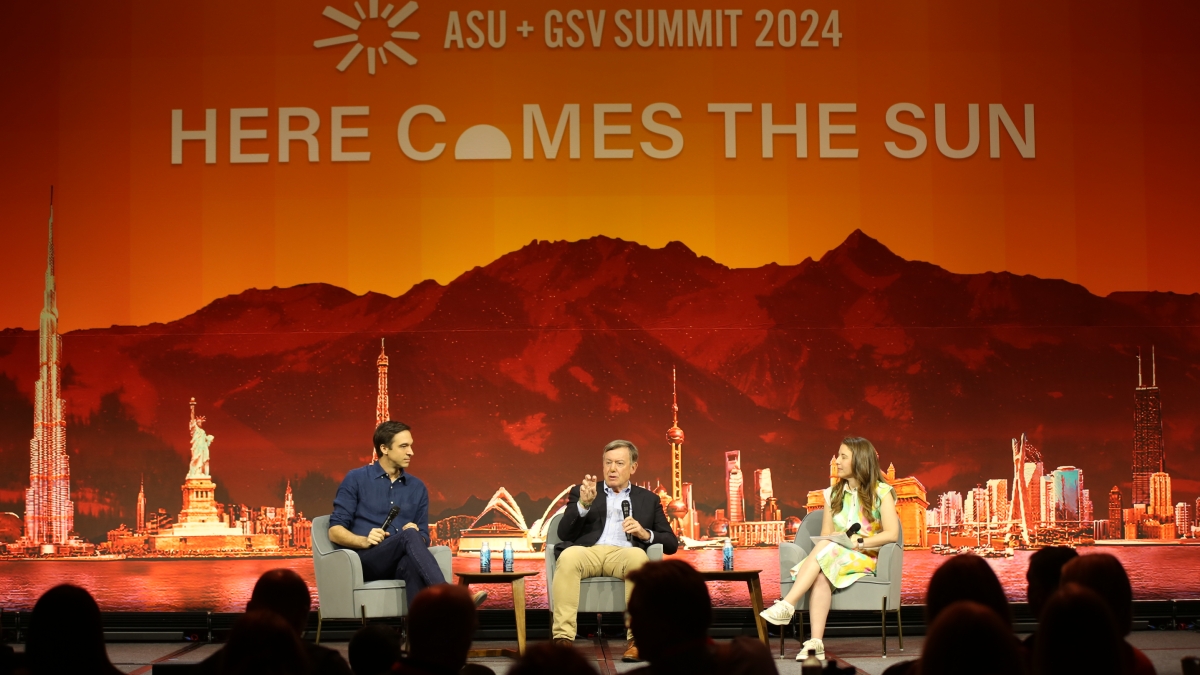
ASU+GSV Summit tackles big questions around AI, technology, education
Editor's note: We'll be updating this story daily throughout the summit. The annual ASU+GSV Summit kicked off in San Diego on Sunday, drawing thousands of leaders for a four-day event that focuses…
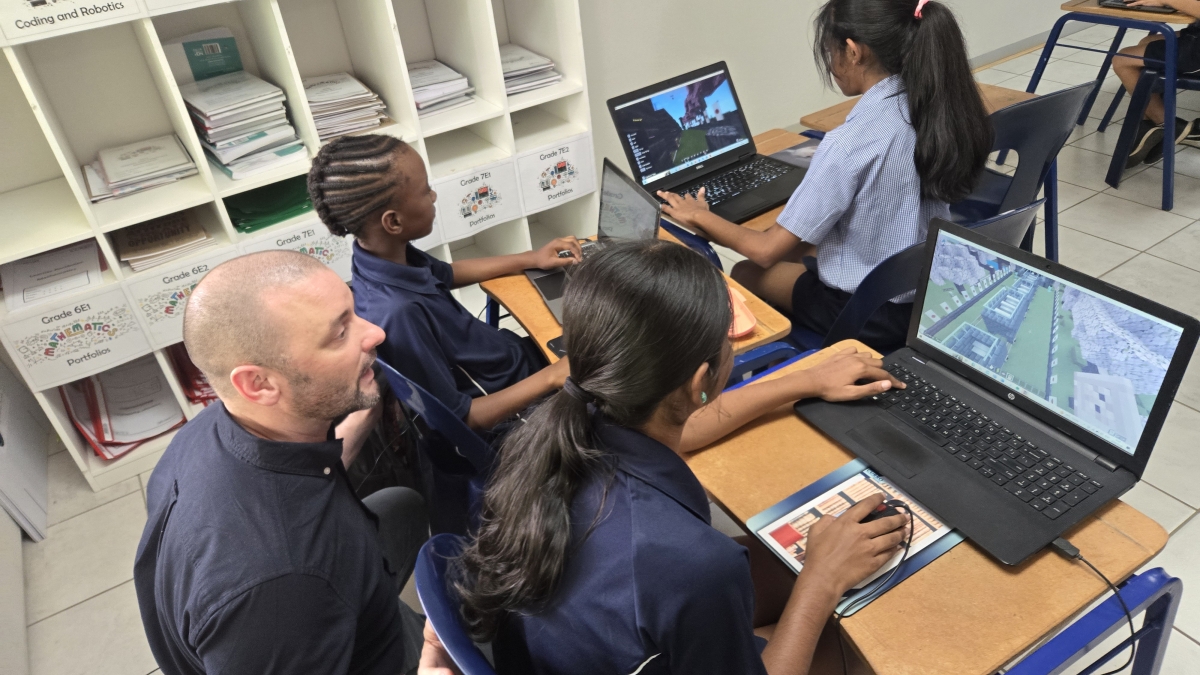
Game on: ASU, Endless announce partnership to scale personalized learning solutions
In a public conversation Monday about gaming and education at the ASU + GSV Summit, Arizona State University President Michael Crow and Endless Network founder Matt Dalio announced the creation of…
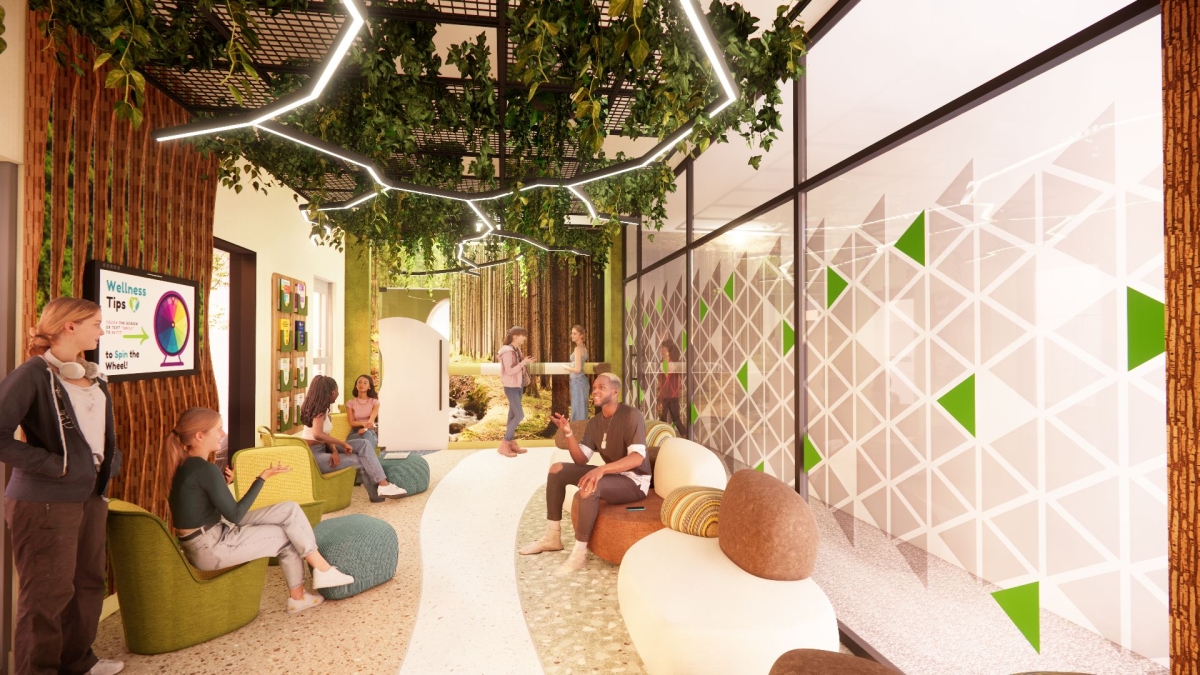
The Design School shines at interior design conference
The Interior Design Educators Council (IDEC) held its annual conference this March in New York City, welcoming interior design leaders who presented research, networked and learned about the latest…
